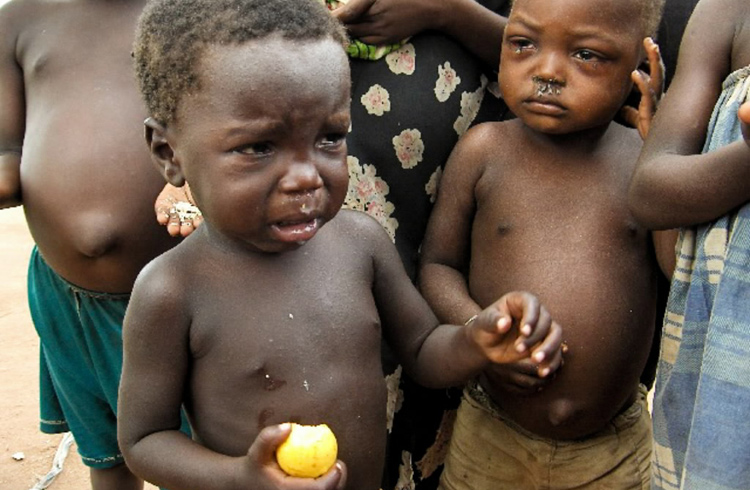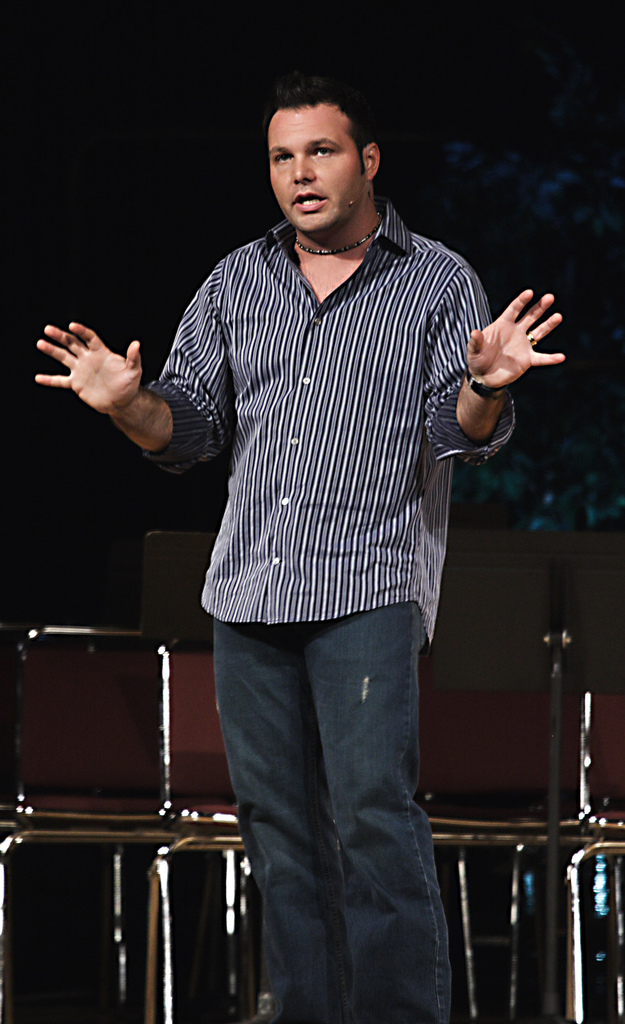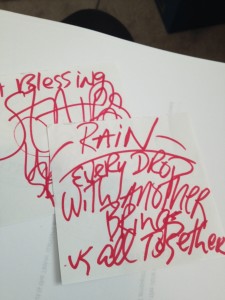 Pastor Mark Driscoll isn’t the only person to take issue with The Shack. Author Paul Young said his mama had a hard time with the book, too.
Pastor Mark Driscoll isn’t the only person to take issue with The Shack. Author Paul Young said his mama had a hard time with the book, too.
The difference between Driscoll and Bernice Young, however, is that at least she tried to read it. Driscoll didn’t bother to read it before he took to the pulpit of Seattle’s Mars Hill Church and unpacked his arguments against the story and the theology that shaped the author’s tale.
Driscoll stopped short of calling Young a heretic but he did call the book heretical, according to Jim Henderson. That’s what Henderson told the 100 or so attendees who gathered Friday at Seattle’s First United Methodist church. Henderson, the Off the Map fellow, attempted to host an open forum discussion between Driscoll and Young. In the weeks preceding, Henderson had staged a cyber-campaign to urge Driscoll to join Young for a new kind of conversation – a very public one.
Driscoll apparently doesn’t take to cyber-pressure. He was a no-show. But his people called their people and invited Young to a more private conversation about the matter. That conversation will take place sometime in October.
I can’t speak for the others who showed up Friday, but I can tell you that even after crawling out of bed at some ungodly hour before the Demon Dog arose, and haphazardly packing for the trip to Seattle – forgetting an extra pair of contact lenses and several other sundry items – I could have cared less whether Driscoll showed or not.
Oh, sure, the debate would have been lively. But Paul Young is an engaging storyteller. I’ve heard some of his stories before and I still find them every bit as interesting as the first time I heard them. That’s the mark of a natural storyteller.
But the one about Paul’s mama? I didn’t know that one.
 Seems Bernice Young tried several times to read her son’s book. Each time she put it down. Now I know some of you more literary hi-brows out there are snickering and saying you don’t blame the poor woman. The self-published book has a goodly share of problems that could have been resolved by an editor with a tidy pen.
Seems Bernice Young tried several times to read her son’s book. Each time she put it down. Now I know some of you more literary hi-brows out there are snickering and saying you don’t blame the poor woman. The self-published book has a goodly share of problems that could have been resolved by an editor with a tidy pen.
But you can’t blame Paul for that. The manuscript was rejected by 26 different publishers – including all of the top Christian publishers. So it wasn’t for a lack of effort on his part that Paul’s book lacked an editor. Publishers far and wide simply underestimated the power that a tale of redemption holds for a wounded world.
Still, his mama?
Every artist hungers for the praise of their mama. I don’t like Lady Gaga’s outrageous behavior or her meat dresses but if she was my daughter, you can be dang-tootin’ I’d be the first one on my feet applauding her singing. The girl can belt out a tune. Of course, I’d be on my knees every morning, noon and night, praying for her salvation, too.
You have to hand it to Paul’s mama. She didn’t give up. She kept trying to understand her boy’s book. Finally, one day, she called Paul’s sister and blurted out her biggest fear: “Your brother is a heretic,” she said.
I don’t know if she had been having private conversations with Mark Driscoll along the way or not. But in one of the most intricate of all stories, Paul explained the way God used another man to convince Bernice Young that her son wasn’t a heretic – he’s just a storyteller with a message of forgiveness and redemption.
I may not get all this right but the story goes something like this: Paul’s mother was a rookie nurse back in 1946 when a young couple who had suffered through five miscarriages came to the hospital with yet another baby they were losing.
A one-pound baby boy was born and the doctor instructed Paul’s mama to toss the child in the incinerator. (I’ve heard stories like this before from nurses who worked the fields in Vietnam. They would be told to toss the preemies of civilian causalities because the oxygen had to be saved for American troops.)
Well Paul’s mama was young and she couldn’t bring herself to throw away a baby as long as it was breathing, no matter how tiny. So she figured she’d hold the baby till he died, then she’d do what the doctor said.
Only the baby never did die. Not even after the doctor had told the parents he had. Paul’s mama sat holding that baby hour after hour after hour. Finally, she realized that baby had a will to live. The doctor was called. The family reconvened. And two months later they took home their only son.
They named him Harold Munn. Like his father before him, Harold entered the ministry. He is the rector of the historic St. John the Divine, Quadra, B.C. But it wasn’t until the doctor who first told Bernice Young to dispose of the infant child passed away, did she dare speak of that night. And it was only after Harold’s parents passed did Bernice Young seek him out and tell him the real story behind his own birth – a story his parents never knew.
The telling of that story bound Bernice Young to Harold Munn in a way that only stories of redemption can. Eventually she asked Rector Munn to read her boy’s book and help her understand it.
She was troubled by the notion of God as Maya Angelou. Munn, who loved the book, helped Paul’s mother understand that language of imagery. God is not a real shepherd. Nor are we really sheep. God is not really a rock. Nor do we physically look for him in one. God is most certainly not a mother hen clucking around in the coop. And if we tried to hide under the wing of such a chicken, our spouses or our children, would likely be calling the nearest mental health facility.
God as the big black woman is imagery folks.
Or as Paul says, “It’s true. It’s just not real.”
The imagery is simply a vehicle to assist the reader in arriving at the truth: Unforgiveness shackles us. There is life-giving power in the forgiveness found at the foot of the Cross.
“What this book has given people is a language to have a conversation about God that is not a religious conversation,” Paul said.
Yes. The book is intentionally rife with theology. Paul’s take on that is, “Life is theology. I believe God is involved in the most intricate details of our lives.”
How could Paul think otherwise, given the story his own mother shares with Harold Munn?
My nephew and his wife attend Mars Hill. I know they both think the world of Pastor Mark. And I know from their own personal testimony that the Mars Hill Community lives a redemptive message, the very sort of message that Paul Young shares in The Shack.
It seems to me, that Mark Driscoll and Paul Young have a lot more to talk about than just their differences. A good place to begin that conversation would be with Driscoll picking up a copy of The Shack and reading it first. Driscoll also might want to consider apologizing to Young for bashing a book he hadn’t read.
I bet then Driscoll will figure out that forgiveness is the one true thing Young knows how to communicate.











